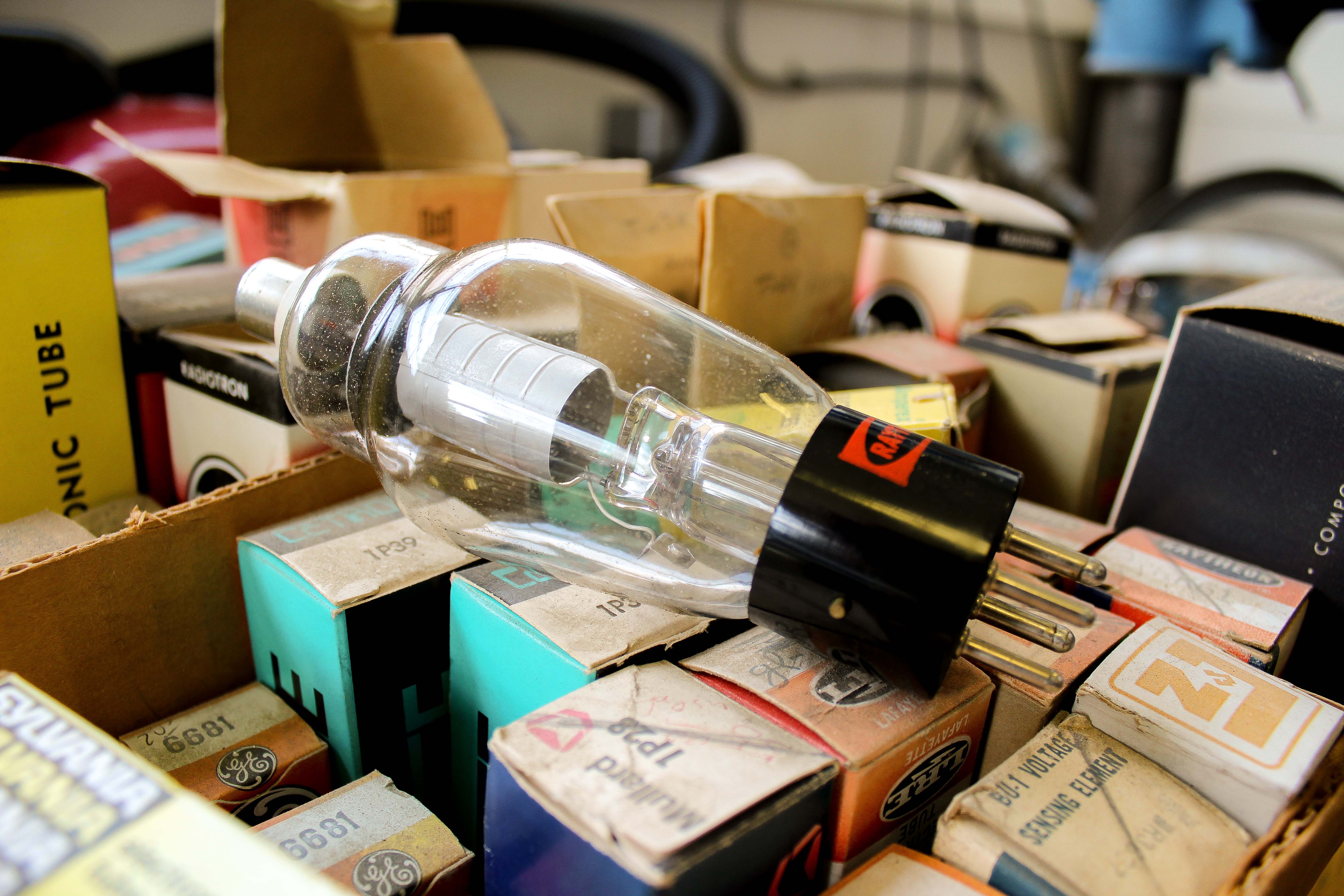In this modern age, many of the tools and objects we use on a daily basis contain electronic components. Less prevalent are people with the knowledge and skills needed to troubleshoot and repair electronics when something goes wrong. UConn’s Electrical/Electronic: Technology and Repair facility (EETR), operated by the Center for Open Research Resources and Equipment, also known as COR2E, steps up to bridge the gap between electronics users conducting research at UConn and the repair process. EETR provides consultation, support, development, and repairs and helps users find the most cost-effective solutions. Services focus primarily on research equipment development and repair services, as well as repairs on equipment supporting research projects.
What can EETR help with exactly? As facility director John Pudelkiewicz puts it, “If it has wires in it, I’ll look at it.” These services are provided to every department and campus at the University. Pudelkiewicz states that looking for solutions internally can provide researchers with a quicker, more successful, and more inexpensive resolution than going directly to the manufacturer of the equipment. “Oftentimes we have the needed expertise in-house, so it allows for a more streamline approach.”
Pudelkiewicz is also an expert at finding those “needle in the haystack” parts to keep older machines in use. Recently a bio vent hood in the physics department was broken, and given that the original model was manufactured over 30 years ago, the company no longer provided parts for repairs. To replace the entire bio vent hood would have cost over $20,000. A researcher in the School of Pharmacy reached out to Pudelkiewicz, who was able to contact his network of connections nationwide and overseas, and ultimately acquired a replacement part for only $200. “Old equipment doesn’t equal poorly functioning equipment, so simple repairs can make even the oldest tools highly functioning and comparable to newer models,” he says.
Dan Schwartz, director of COR²E, says that “though John’s services are always extremely valuable to researchers, in the current budgetary climate, his value is further amplified.”
Schwartz, who is also an associate professor of physiology and neurobiology, tries to spread the word about John’s services whenever possible. In fact, Pudelkiewicz was able to save Schwartz time and money in his own research lab when he found a replacement motor for a shaker. The piece of equipment would have otherwise been considered irreparable and would have cost Schwartz about $800 to replace.
Schwartz credits Pudelkiewicz’s background for allowing him to successfully repair equipment from such diverse fields and disciplines. After earning his associates in electrical engineering, Pudelkiewicz entered the CNC machine tool industry, building CNC machines and controls for many years. He worked in the medical device industry building multi-million dollar equipment. During this time, he was regularly introduced to new types of machines. Now at UConn, there is Pudelkiewicz rarely comes across a problem he can’t fix. On the few occasions this does occur, he’s still able to be an invaluable resource for faculty and departments in choosing their next steps.
Pudelkiewicz feels that more people should know about the facility’s services, and he encourages everyone to take advantage of what the facility has to offer.
“A lot of people don’t know that many of their equipment issues aren’t specialized. Rather, they are simple maintenance tasks that can easily be handled by experts right here at the University.”
Any inquiries about the facility can be directed toward Pudelkiewicz by email at: john.pudelkiewicz@uconn.edu



